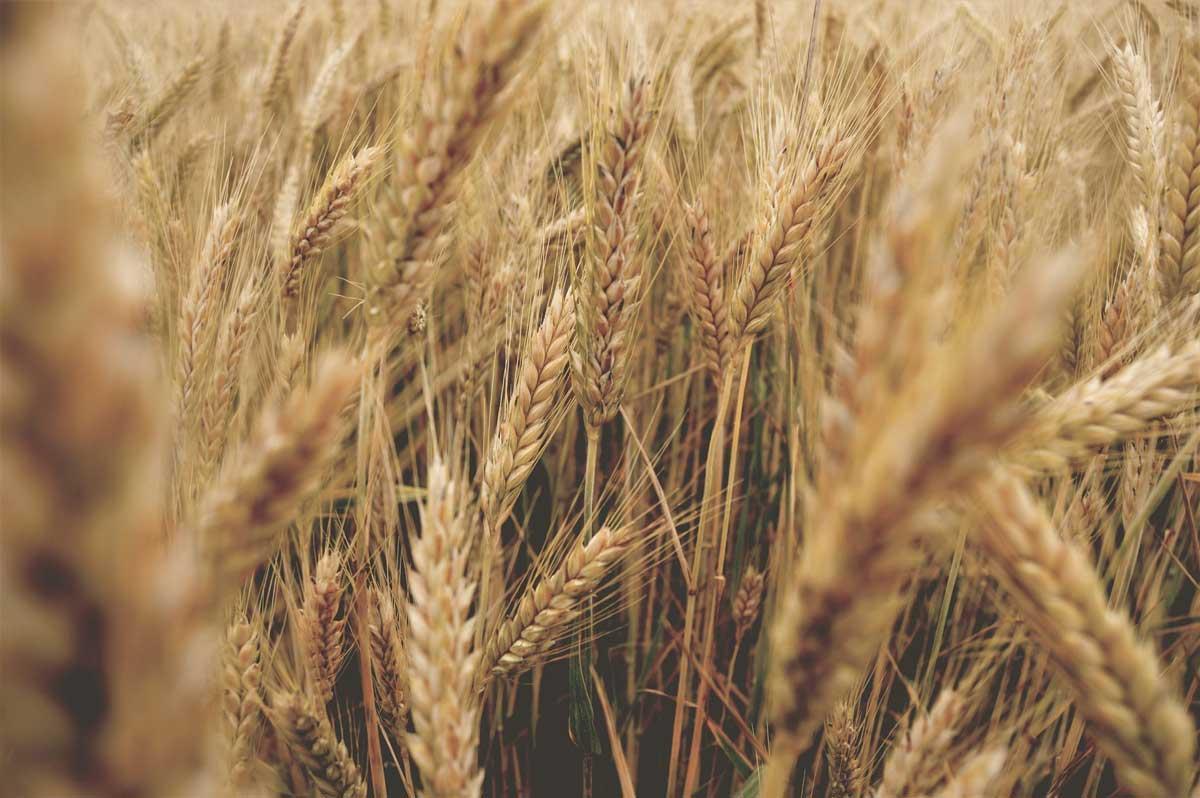By
Gerald Walker
Africa-Press – Kenya. The specter of global food insecurity looms larger than ever, with 783 million people facing chronic hunger and 18 hunger hotspots—spanning Central America, Sub-Saharan Africa, and conflict zones like Sudan and Syria—teetering on the brink of famine. From a progressive perspective, acute food shortages are not merely logistical failures but symptoms of deep-seated inequities rooted in colonialism, neoliberal trade policies, and inadequate global governance. Diplomacy, when wielded with a commitment to justice and solidarity, can be a powerful tool to address these crises. By prioritizing multilateral cooperation, dismantling systemic barriers, and centering the needs of the Global South, progressive diplomacy can pave the way for sustainable solutions to food insecurity.
Hunger is not an isolated issue but a consequence of structural injustices. Decades of extractive economic policies, driven by wealthy nations and multinational corporations, have left low-income countries vulnerable to food crises. In Sub-Saharan Africa, for instance, reliance on cash-crop exports, often mandated by IMF and World Bank structural adjustment programs, has undermined local food sovereignty. Climate change, disproportionately caused by industrialized nations, exacerbates droughts and floods, devastating smallholder farmers who feed much of the world. Conflicts in regions like Sudan, where 12 million people are displaced, and Gaza, where 96% of the population faces acute food insecurity, are compounded by sanctions and blockades that restrict aid flows. These are interconnected crises requiring diplomacy that challenges power imbalances rather than perpetuating them.
Multinational efforts to improve the situation on the ground must prioritize multilateral frameworks to ensure food security is treated as a global public good. The United Nations, despite its imperfections, remains a critical platform for coordinating responses. The UN’s Food and Agriculture Organization (FAO) and World Food Programme (WFP) must lead efforts to scale up emergency food aid, but they require robust funding and political support. Diplomats must push for increased contributions to the WFP, which faces a $4.5 billion funding gap for its humanitarian operations. Wealthy nations, particularly G7 members, should commit to doubling their pledges, redirecting funds from military budgets to humanitarian aid—a move aligned with progressive values of prioritizing human welfare over militarism.
Moreover, diplomacy should reform global trade rules that disadvantage poorer nations. The World Trade Organization (WTO) must address subsidies that allow Western agribusiness to flood markets with cheap imports, undercutting local farmers. A well-planned diplomatic agenda would advocate for trade agreements that protect smallholder agriculture, promote agroecology, and ensure fair pricing for producers in the Global South. For example, negotiations at the WTO’s 2026 ministerial conference could prioritize exemptions for food security programs, allowing countries like India to maintain public stockholding for staple crops without facing punitive measures.
Conflict is a primary driver of acute food shortages, and progressive diplomacy must focus on peacebuilding to ensure aid reaches those in need. In Syria, where sanctions have crippled food and medical supply chains post-Assad, diplomats should negotiate humanitarian exemptions to facilitate aid delivery. The U.S. and EU, often quick to impose sanctions, must adopt a human-centered approach, prioritizing civilian access to food over geopolitical leverage. Similarly, in Sudan, where 25.6 million people face acute hunger, regional diplomacy through the African Union can mediate ceasefires and establish safe corridors for aid distribution. Diplomats should amplify the voices of local civil society, ensuring that peace processes are inclusive and address root causes like resource inequity.
Climate change, a crisis disproportionately affecting the Global South, demands diplomatic efforts rooted in justice. At COP30 in Brazil, diplomats must advocate for a $300 billion climate finance package, with a significant portion allocated to adaptation for smallholder farmers. This includes funding for drought-resistant crops, irrigation systems, and community-led seed banks. Wealthy nations, responsible for 80% of historical emissions, owe a moral and financial debt to vulnerable countries. Diplomacy should also push for technology transfers, enabling poorer nations to adopt sustainable farming practices without reliance on corporate-controlled inputs like genetically modified seeds.
A decisive diplomatic approach centers the agency of food-insecure regions. Initiatives like the African Continental Free Trade Area (AfCFTA) offer opportunities to strengthen regional food systems, reducing dependence on volatile global markets. Diplomats should support capacity-building programs that empower local farmers, particularly women, who produce up to 80% of food in some African nations. By facilitating South-South cooperation, such as knowledge-sharing between Latin American and African cooperatives, diplomacy can foster resilient, self-sufficient food systems.
Acute food shortages are a moral and political failure, but coordination among nations offers a path forward. By reforming global trade, prioritizing humanitarian exemptions in conflict zones, securing climate finance, and empowering the Global South, diplomats are able to address the root causes of hunger. This requires a rejection of failed policies that prioritize profit over people and a commitment to equity, solidarity, and systemic change. In 2025, the world cannot afford half-measures—diplomacy must be bold, inclusive, and unwavering in its pursuit of a hunger-free future.
moderndiplomacy
For More News And Analysis About Kenya Follow Africa-Press






